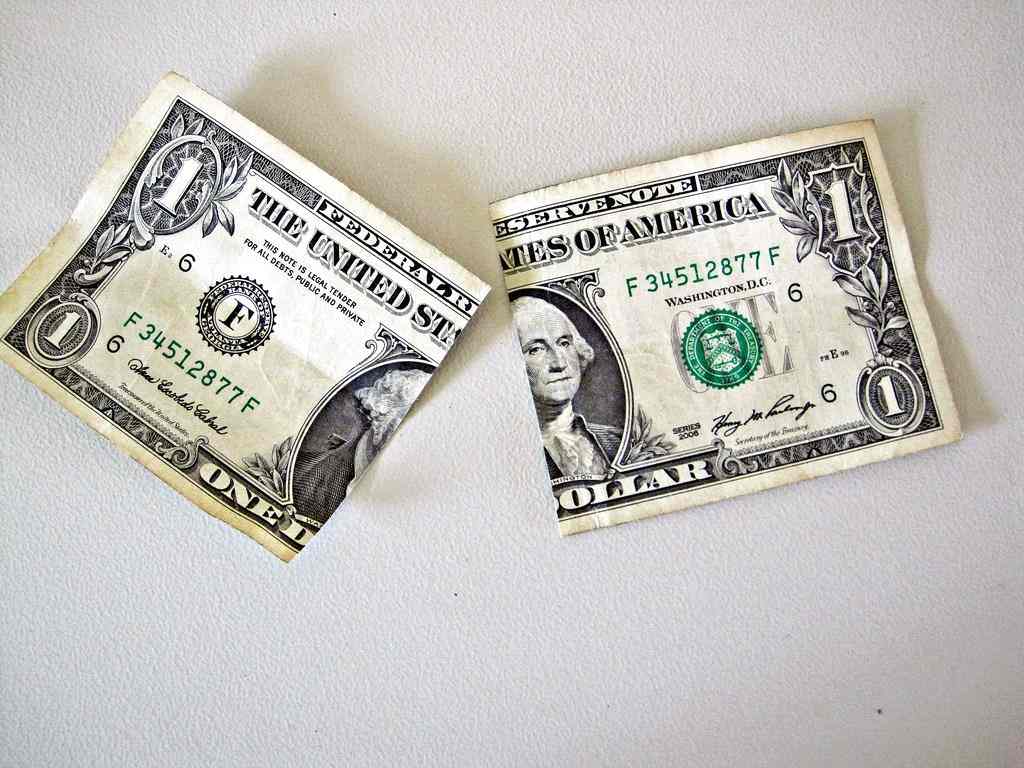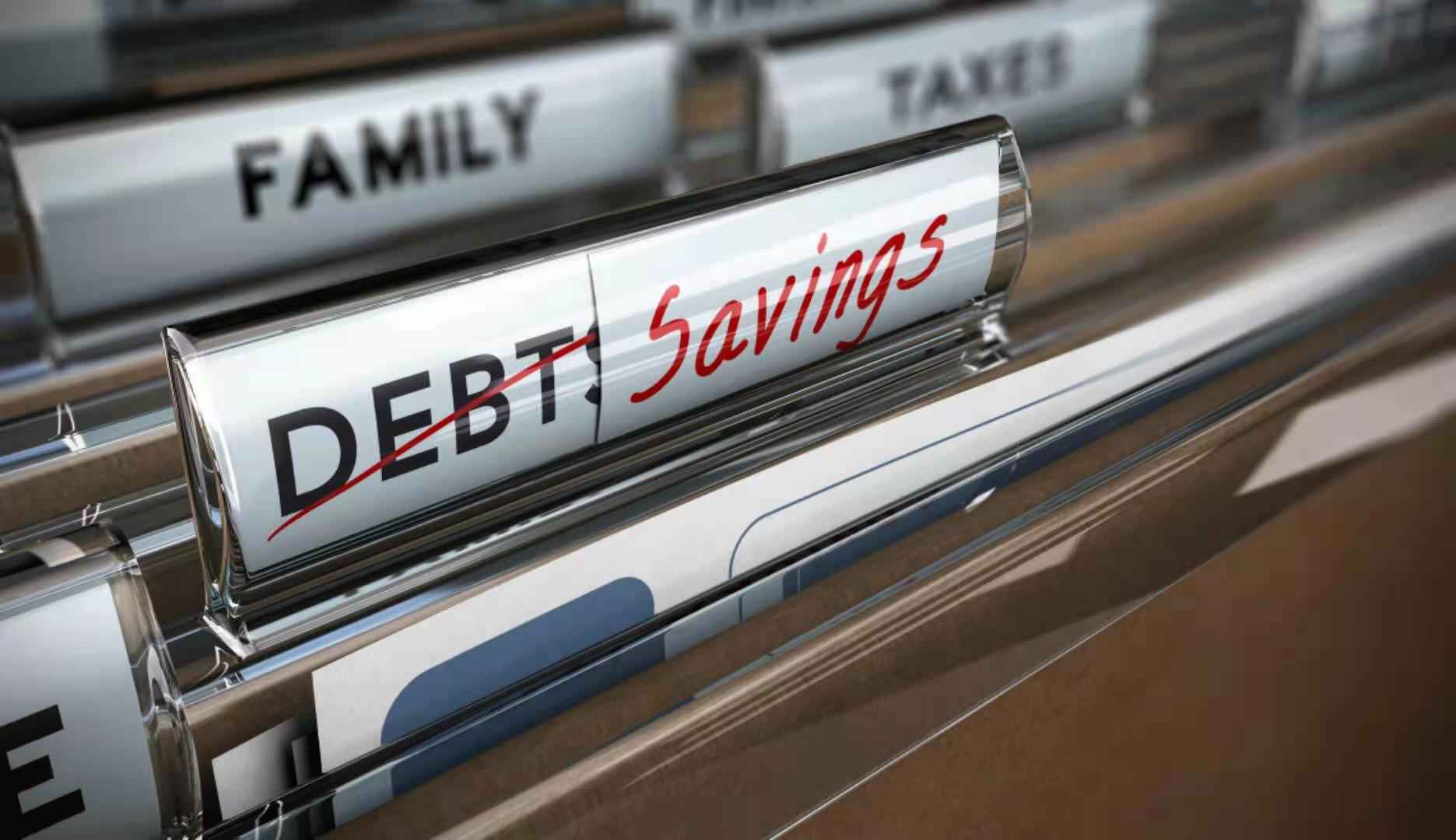
Here we'll investigate probably the most well-known monetary mix-ups that frequently lead individuals to major financial difficulty. Regardless of whether you're as of now confronting monetary challenges, avoiding these slip-ups could be the way to endurance.
1 Excessive/Frivolous Spending
Incredible fortunes are regularly lost each dollar in turn. It may not appear to be serious when you get that twofold mocha cappuccino, stop for a bunch of cigarettes, eat out, or request that pay-per-see film, however, each and everything adds up. Just $25 each week spent on eating out costs you $1,300 each year, which could go toward an additional home loan installment or various additional vehicle installments. In case you're suffering qa difficulty, maintaining a strategic distance from this error truly matters –all things considered, in case you're a couple of dollars from abandonment or liquidation, each dollar will tally like never before.
2 Never-Ending Payments
Inquire as to whether you truly need things that keep you paying each month, after quite a long time after year. Things like satellite TV, music administrations, or extravagant exercise center memberships can constrain you to pay endlessly yet leave you claiming nothing. At the point when cash is tight, or you simply need to save more, making a less fatty way of life can go far to stuffing your reserve funds and padding yourself from monetary difficulty.
3 Living on Borrowed Money
Utilizing Mastercards to purchase basics has gotten to some degree typical. In any case, regardless of whether a steadily expanding number of buyers will pay twofold digit loan fees on gas, staple goods, and a large group of different things that are gone sometime before the bill is settled completely, don't be one of them. Mastercard financing costs make the cost of the charged things significantly more costly. Contingent upon credit likewise causes it more probable that you'll spend more than you procure.

4 Buying a New Car
A great many new vehicles are sold every year, albeit few purchasers can stand to pay for them in real money. Notwithstanding, the powerlessness to pay money for another vehicle implies a failure to manage the cost of the vehicle. All things considered, having the option to manage the cost of the installment isn't equivalent to having the option to bear the cost of the vehicle. Besides, by getting cash to purchase a vehicle, the customer pays revenue on a depreciating asset, which enhances the distinction between the estimation of the vehicle and the cost paid for it. More awful yet, numerous individuals exchange their vehicles each a few years and lose cash on each exchange.
Now and then an individual must choose the option to apply for a line of credit to purchase a vehicle, however, what amount does any shopper truly need an enormous SUV? Such vehicles are costly to purchase, safeguard, and fuel. Except if you tow a boat or trailer or need an SUV to make money, is an eight-chamber motor worth the additional expense of taking out an enormous credit?
In the event that you need to purchase a vehicle or potentially acquire cash to do as such, consider getting one that utilizes less gas and costs less to safeguard and keep up. Vehicles are costly, and if you're purchasing more vehicles than you need, you're consuming cash that might have been saved or used to take care of obligations.
5 Spending Too Much on Your House
With regards to purchasing a house, greater is not fundamentally better. Except if you have a huge family, picking a 6,000-square-foot home will just mean more costly duties, upkeep, and utilities. Would you truly like to put a particularly huge, long-haul scratch in your month-to-month financial plan?
6 Using Home Equity Like a Piggy Bank
Your house is your stronghold. Renegotiating and taking money out on it implies parting with proprietorship to another person. It likewise costs you a large number of dollars in revenue and charges. Keen mortgage holders need to build equity, not make installments in unendingness. Likewise, you'll wind up paying much more for your home than it's worth, which for all intents and purposes guarantees that you will not prove to be the best when you choose to sell.
7 Living Paycheck to Paycheck
In March 2018, the U.S. family personal savings rate was only 3.1%, according to Federal Reserve information. Numerous families are living paycheck to check, and an unexpected issue can without much of a stretch become a calamity in the event that you are not readied. The combined consequence of overspending places individuals into an unstable position –one in which they need each dime they acquire and one missed check would be shocking. This isn't simply the position you need to discover when a monetary downturn hits. On the off chance that this occurs, you'll have not many alternatives.
Numerous monetary organizers will advise you to keep three months of costs in a record where you can get to it rapidly. Loss of work or changes in the economy could deplete your reserve funds and spot you in a pattern of obligation paying for the obligation. A three-month cushion could be the contrast between keeping or losing your home.
8 Not Investing
On the off chance that you don't get your cash working for you in the business sectors or through other pay creating speculations, you can't quit working – ever. Making month-to-month commitments to assigned retirement accounts is fundamental for an agreeable retirement. Exploit charge conceded retirement accounts as well as your boss-supported arrangement. Comprehend the time your speculations should develop and how much danger you can endure. Counsel a certified monetary consultant to coordinate with this with your objectives if conceivable.
9 Paying Off Debt With Savings
You might be feeling that if your debt is costing 19% and your retirement account is making 7%, swapping the retirement for the obligation implies you will stash the distinction. Yet, it isn't so straightforward. As well as losing the force of compounding, it's extremely difficult to repay those retirement assets, and you could be hit with weighty expenses. With the correct attitude, acquiring from your retirement record can be a suitable choice, yet even the most focused organizers make some intense memories putting cash to the side to remake these records. At the point when the obligation gets paid off, the direness to take care of it normally disappears. It will be enticing to keep spending at a similar speed, which implies you could return to obligation again. If you will take care of obligation with investment funds, you need to live like you actually have an obligation to pay – to your retirement reserve.

10 Not Having a Plan
Your monetary future relies upon what is happening at the present time. Individuals spend endless hours sitting in front of the TV or looking through their web-based media takes care of, however, putting to the side two hours every week for their funds is not feasible. You need to know where you are going. Focus on investing some energy arranging your funds.
The Bottom Line
To guide yourself away from the risks of overspending, start by checking the little costs that add up immediately, at that point proceed onward to observing the huge costs. Think cautiously prior to adding new obligations to your rundown of installments, and remember that having the option to make an installment isn't equivalent to having the option to manage the cost of the buy. At last, cause saving some of what you to procure a month to month need, alongside investing energy building up a sound monetary arrangement.





